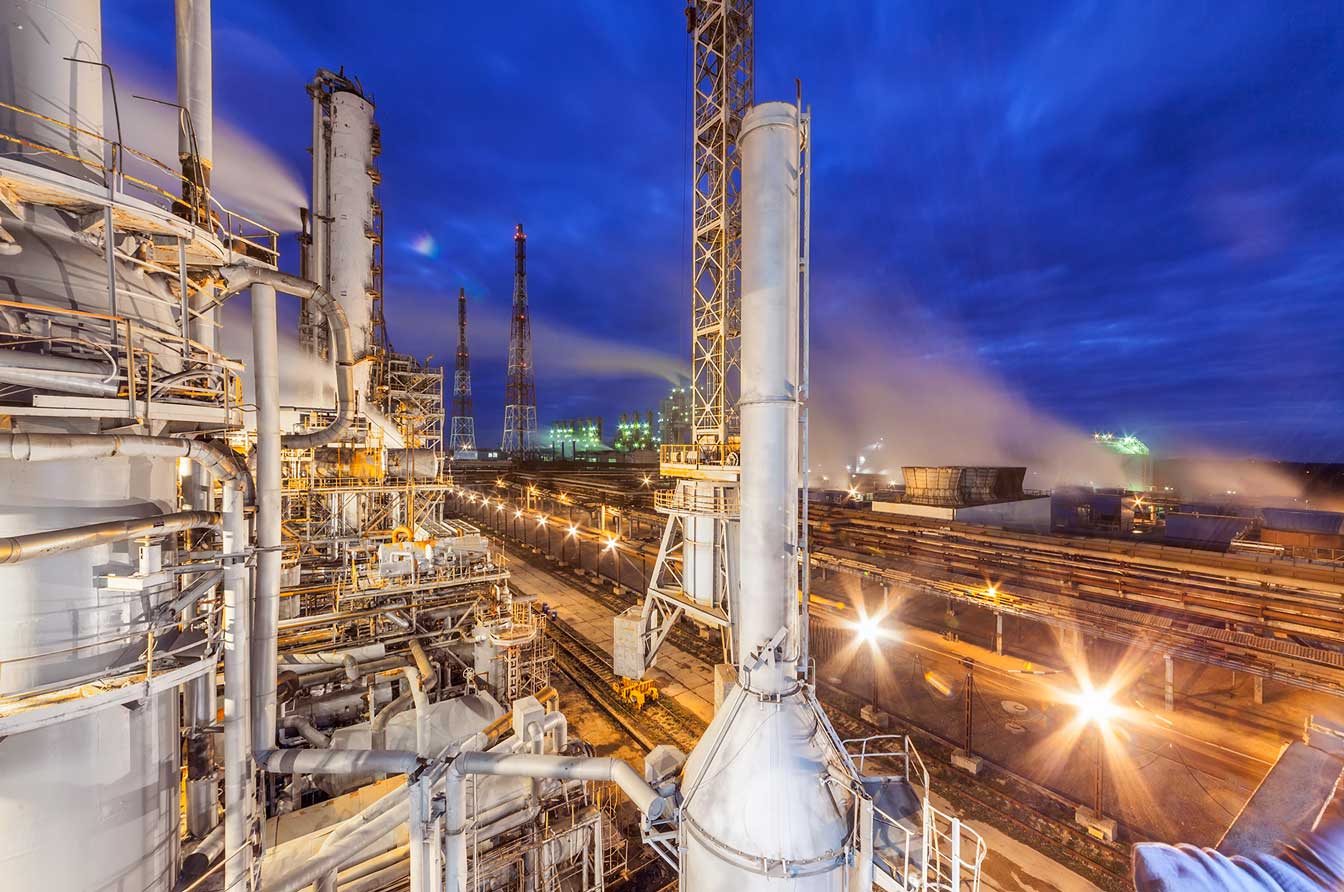In the vast landscape of industries, two prominent sectors stand out: basic industry and chemical industry. While both play crucial roles in the global economy, they differ significantly in their nature, operations, and impact. Understanding the disparities between these industries is essential for professionals, investors, and enthusiasts alike. In this article, we will delve into the depths of basic industry and chemical industry, exploring their unique characteristics, functions, and contributions to society.
- Defining Basic Industry:
Basic industry, also known as primary industry, encompasses sectors involved in the extraction and production of raw materials. It forms the foundation of economic development and provides essential inputs for other industries. Basic industry includes agriculture, mining, forestry, and fishing, among others. These sectors are characterized by their direct interaction with natural resources and their initial processing stages. - Unveiling Chemical Industry:
The chemical industry, on the other hand, focuses on the production and distribution of chemicals and chemical products. It involves the transformation of raw materials into various chemical compounds, such as plastics, pharmaceuticals, fertilizers, and specialty chemicals. The chemical industry plays a pivotal role in numerous sectors, including manufacturing, healthcare, agriculture, and consumer goods. - Key Differences:
3.1 Nature of Operations:
Basic industry primarily deals with the extraction, cultivation, and harvesting of natural resources. It involves activities like mining minerals, growing crops, and logging trees. In contrast, the chemical industry revolves around chemical synthesis, refining, and manufacturing processes. It requires specialized knowledge, advanced technologies, and intricate production facilities.
3.2 Value Chain:
Basic industry operates at the beginning of the value chain, providing raw materials to other industries. Its products serve as inputs for manufacturing, construction, and energy production. On the other hand, the chemical industry operates further along the value chain, transforming raw materials into intermediate or final chemical products. These products are then utilized by various downstream industries or sold directly to consumers.
3.3 Environmental Impact:
Basic industry often faces environmental challenges due to its direct interaction with natural resources. Issues such as deforestation, soil erosion, and water pollution can arise if sustainable practices are not implemented. Conversely, the chemical industry faces environmental concerns related to waste management, emissions, and the potential hazards of certain chemicals. Stringent regulations and sustainability initiatives are crucial for mitigating these impacts.
- Interdependence and Synergies:
While basic industry and chemical industry differ in their operations, they are interconnected and often rely on each other. Basic industry provides the raw materials necessary for chemical production, while the chemical industry enhances the value of these materials through processing and refinement. This interdependence fosters synergies and opportunities for collaboration between the two sectors.
Conclusion:
In conclusion, basic industry and chemical industry are distinct yet interconnected sectors within the global economy. Basic industry focuses on the extraction and initial processing of raw materials, while the chemical industry specializes in the production and distribution of chemical compounds. Understanding the differences between these industries is crucial for comprehending their roles, functions, and contributions to society. By recognizing their interdependence, we can foster sustainable development and harness the potential for innovation and growth in both sectors.

